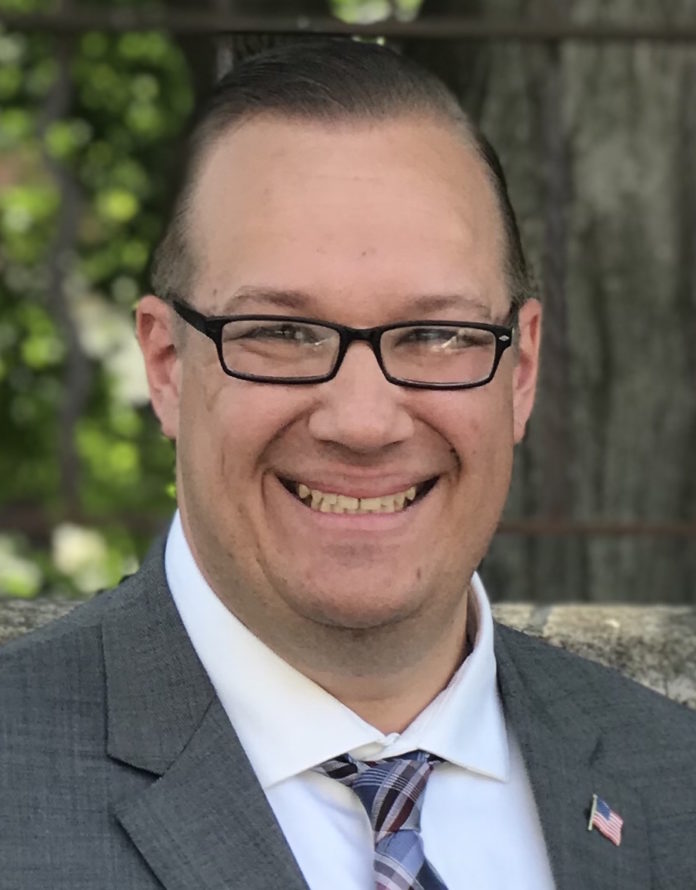Supports local efforts to fight opioid epidemic; invests in public transportation and infrastructure
Last week, Representative David Biele joined his colleagues in the Massachusetts House of Representatives in approving a $723 million supplemental budget that supports recovery efforts, invests in public transportation and infrastructure, and contributes to the state’s stabilization fund.
Locally, the budget allocates $1 million to the City of Boston to support public health, recovery and homeless prevention initiatives in and around Massachusetts Avenue and Melnea Cass Boulevard. State funding will increase mobile street teams and rapid response services to better connect individuals impacted by substance use and homelessness with community providers.
“These investments will support on-going efforts to provide lifesaving services to individuals suffering from substance use and homelessness on our streets by extending the reach of those services,” said Rep. Biele. “Additionally, this budget also makes important investments in public transportation, local infrastructure, and education, while strengthening the state’s long-term financial stability.”
In terms of transportation, the supplemental budget allocates $50 million for the MBTA to additional staffing, inspection/maintenance activities and service diversions necessary to accelerate capital projects. In addition, the House’s supplemental budget invests $60 million in infrastructure in the form of municipal grants for the construction and maintenance of local roads and bridges.
In order to further strengthen the state’s long-term financial resiliency, the budget dedicates $400 million to the Commonwealth’s stabilization fund, bringing the Rainy Day Fund’s total balance to an unprecedented $3.2 billion, the first time the fund has reached that amount in its history.
Additionally, the supplemental budget:
- Supports low-income households at the risk of eviction or facing foreclosure by investing $7 million for a rental and mortgage arrearage assistance pilot program;
- Invests in early education efforts by including $3 million for grants for early educator scholarships for school paraprofessionals; and
- Support the state’s most vulnerable youth by investing $5 million in a program to expand access for students to community-based mental and behavioral health services in schools; and
- Includes a $10 million reserve for home health aides and personnel.
The supplemental budget will now go to the Senate.










